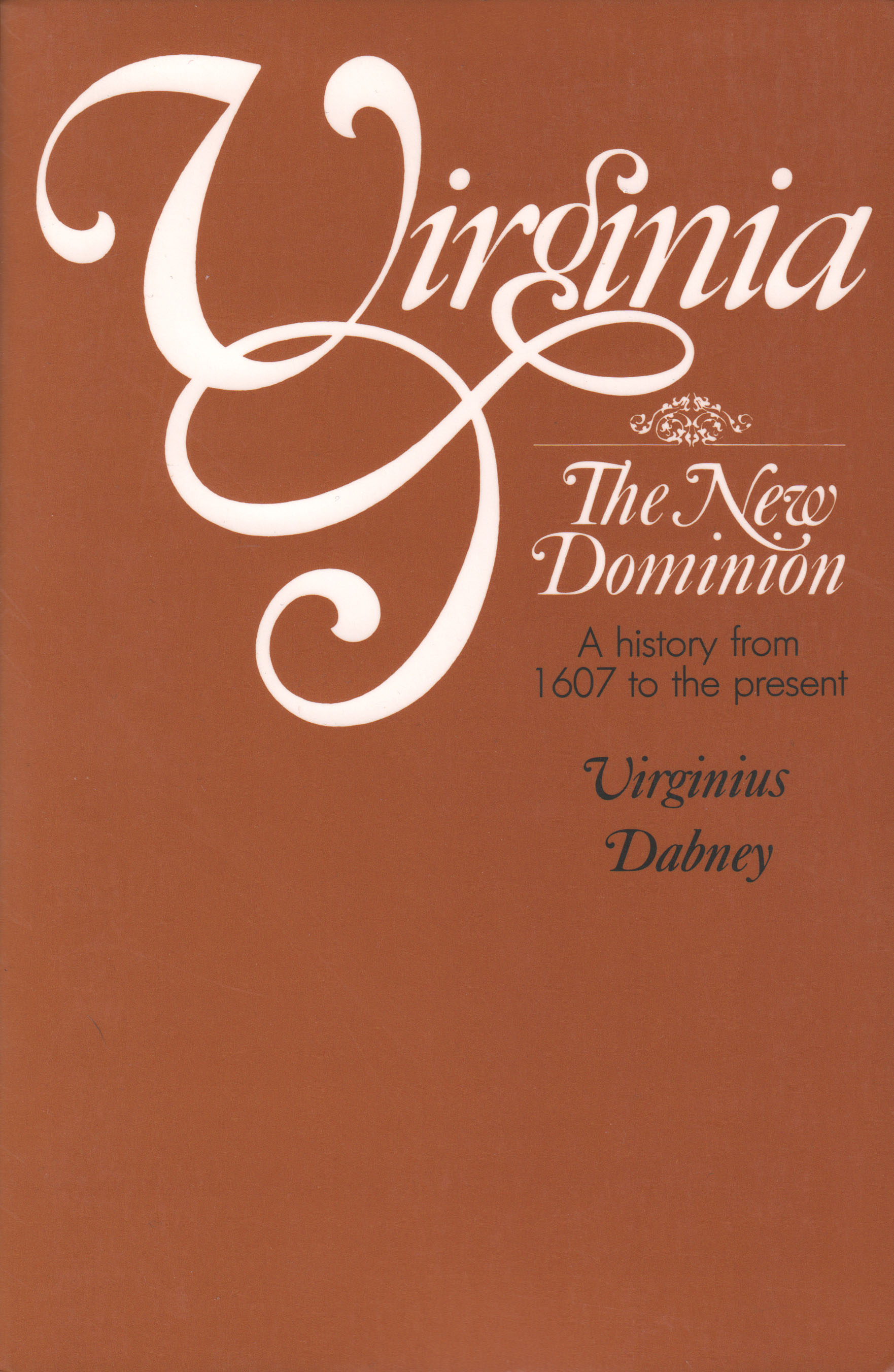Virginia: The New Dominion
 I picked up this history of the state of Virginia mostly because of curiosity about the Colonial era. There’s lots of political cross-currents going on as the Colonies move towards rebellion and independence, and providing true scope to these just isn’t something histories of the Revolution can have space for. (I would really like to see this on Pennsylvania, the politics there are extra-special.)
I picked up this history of the state of Virginia mostly because of curiosity about the Colonial era. There’s lots of political cross-currents going on as the Colonies move towards rebellion and independence, and providing true scope to these just isn’t something histories of the Revolution can have space for. (I would really like to see this on Pennsylvania, the politics there are extra-special.)
It was written in 1970 and shows. There is no sympathy for slavery and direct racism as such, but often feels apologetic for some of the further offshoots in Virginia politics. This is largely just trying to keep some distance and evenhandedness, ‘these are the people, and this is what they did’, leaving moralizing for in extremis. But it’s really more the author’s love for his state, and wanting to show how it did better/different than the rest of the south, and it’s obvious enough to cast doubt on what he’s saying on occasion.
Its a large book, covering a bit over three-and-a-half centuries, and while it spends a lot of time on politics, it also covers everything else you’d expect in an overview. The establishment and growth of the major cities, overall economic and population trends (that last might have stood some more attention). However, this all purely from a modern and Western view. Which is to say, even when talking about the original charters, establishing Virginia as having authority over a wide swath of land, all the talk is pretty much limited to Virginia’s current, or at least pre-Civil War borders. There is some nice attention paid to the increasingly separated politics of the future West Virginia, which helps explain that split.
The big missing part is not a lot is said about Native Americans. They’re there, various conflicts, and problems on both sides are there. But you don’t really see them outside of direct dealings with the colony. No discussion of the original tribes, how broad a cultural spectrum there was, how they dealt with each other, and so on. If it’s not dealing directly with a political entity called “Virginia”, it doesn’t exist in this book.
Overall, it’s decently written, a little dated, and covers the subject about as well as anything so broad can. It’s been printed three times, with the last in the early ’90s. It’s not going to be a common find on used shelves, and I wouldn’t recommend specifically hunting it down, but if a cheap copy crosses your path, consider picking it up.

Discussion ¬